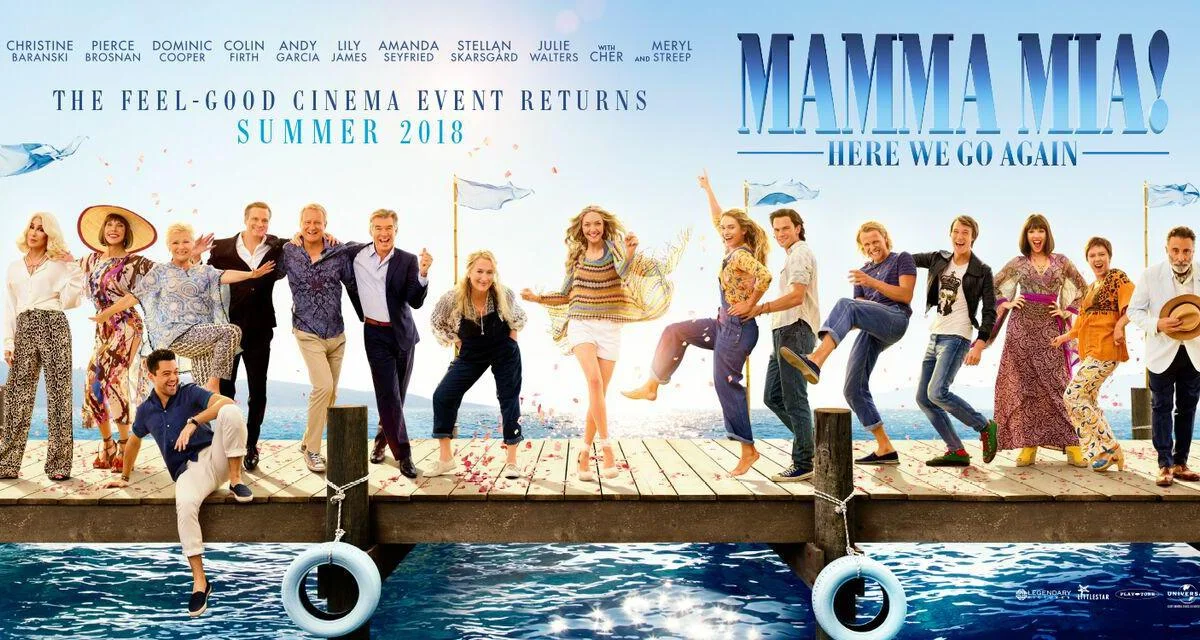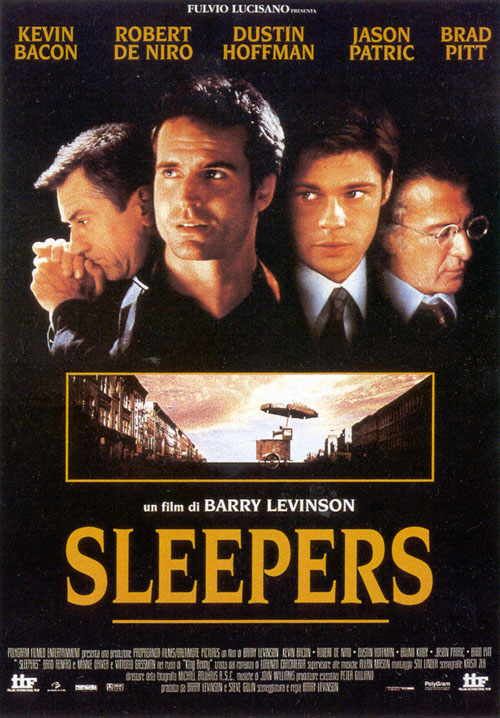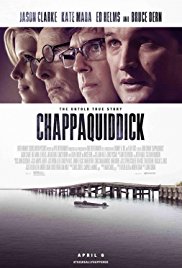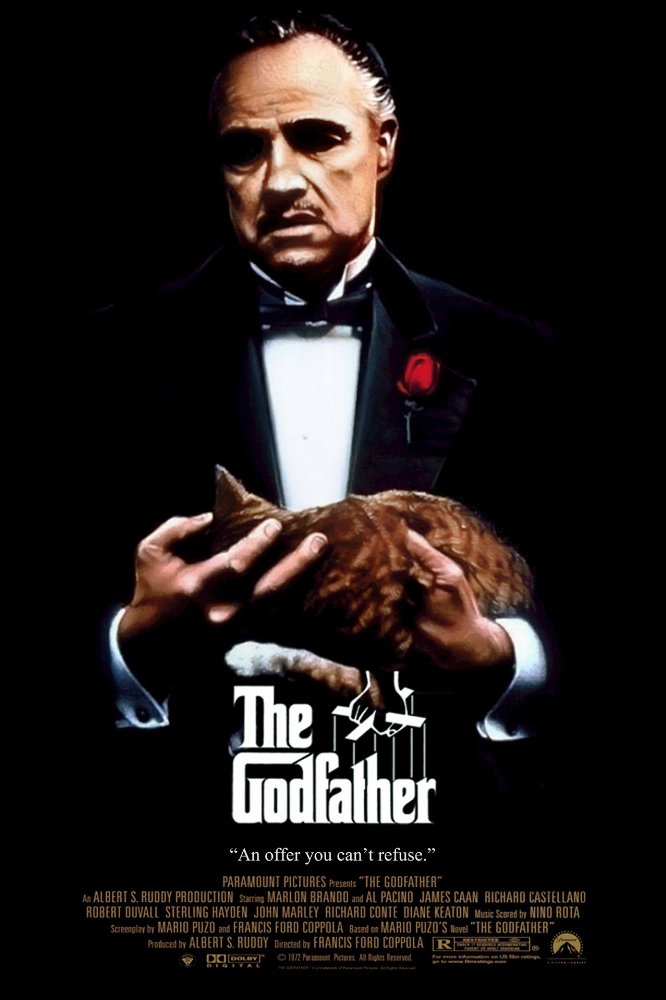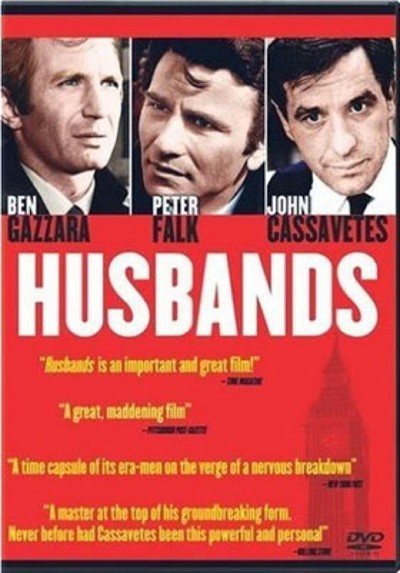The Godfather Part II (1974)
C – 202m / 220m
Aspect Ratio: 1.85:1 – Widescreen / 1.78:1 – Widescreen (Blu – ray, DVD & Digital Copy)
Co–Writer – Director: Francis Ford Coppola
Co–Writer: Mario Puzo
Starring: Al Pacino, Robert De Niro, Robert Duvall, Diane Keaton, John Cazale, Talia Shire, Lee Strasberg, Michael V. Gazzo, James Caan, Abe Vigoda, Harry Dean Stanton, Roger Corman, Roman Coppola, Sophia Coppola, Richard Matheson, and Tony Sirico.
Michael Corleone is trying to expand and tighten his grip on his crime syndicate stretching from Lake Tahoe, Nevada to pre-revolution 1958 Cuba. This is paralleled / compared and possibly contrasted by the story of young Vito Corleone’s rise to the top of the empire, from childhood until his peak. The film takes place in 1901, 1917, 1920, 1923, 1941, 1958, 1959 and 1960. They said it couldn’t be done, but he did it. Francis Ford Coppola mad a smash hit sequel to his and Mario Puzo’s classic, The Godfather (1972). Everything works here. A MUST watch! Robert De Niro won a Best Supporting Actor Oscar®. The film also won Oscars® for: Best Picture, Best Director (Coppola), Best Writing Adaption, Best Art Direction – Set Decoration and Best Original Dramatic Score. It was additionally nominated for: Best Actor (Pacino), Best Supporting Actor (Michael V. Gazzo), Best Supporting Actor (Lee Strasberg), Best Supporting Actress (Talia Shire) and Best Costume Design.
Fun trivia is this:
Robert De Niro auditioned for and was almost cast in The Godfather (1972) in a minor role. When Francis Ford Coppola was casting this film, he saw Mean Streets (1973) and knew he wanted De Niro for a major role in this sequel. In this movie, and in his previous film Mean Streets (1973), Robert De Niro is seen running over the rooftops of Little Italy during the annual Feast of San Rocco festival.
To prepare for his role, Robert De Niro lived in Sicily for three months. De Niro spent four months learning to speak the Sicilian dialect in order to play Vito Corleone. Nearly all the dialogue that his character speaks in the film was in Sicilian. The language spoken by the actors in the flashback part is not formal Italian, but a combination of southern Italian dialects (mostly Sicilian). In the scene in which young Vito negotiates with Signor Roberto on the street, a passerby interrupts to say hello to Vito. Carmelo Russo was an extra who was supposed to just walk by but he improvised speaking to Vito. Francis Ford Coppola did not like that Russo interrupted the scene. But Robert De Niro liked that it showed how much people in the neighborhood respected Vito and he convinced Coppola to keep Russo's line.
There was much debate over whether Robert De Niro should grow a mustache for the scenes where young Vito is a few years older but De Niro couldn't decide. In the end, De Niro tossed a coin. For the scenes where Vito returns to Sicily, he even gained weight and wore a smaller version of the dental appliance Marlon Brando wore in the first film.
Marlon Brando and Robert De Niro are the only two actors to ever win separate Oscars for playing the same character. Brando won Best Actor for The Godfather (1972) and De Niro won Best Supporting Actor for this movie, both in the role of Vito Corleone. This was the first sequel to win an Academy Award for Best Picture. As of 2015, Robert De Niro is one of only five actors (with Sophia Loren, Roberto Benigni, Benicio Del Toro, and Marion Cotillard) to win an Academy Award for a role primarily in a language other than English, since almost all of his dialogue in this film is in Italian.
Francis Ford Coppola and Mario Puzo won the Oscar for Best Adapted Screenplay even though half of the script was adapted and half was original. The story of Michael Corleone is original, while the story of the young Vito Corleone came from The Godfather (1972) novel but was not used in the first film.
Although Nino Rota's score for The Godfather (1972) was withdrawn from an Oscar® nomination because he reused the same theme from his previous score for Fortunella (1958), he was still awarded the Oscar for Best Original Score for the sequel, even though it used the same love theme from the first film. This was the first film sequel to receive five Academy Award Nominations for acting. Talia Shire (Best Actress In A Supporting Role), Lee Strasberg (Best Actor In A Supporting Role), Michael V. Gazzo (Best Actor In A Supporting Role) and Al Pacino (Best Actor) all received nominations, while Robert De Niro took home the Oscar® for Best Actor In A Supporting Role.
Robert De Niro became the only actor to win an Oscar for taking over another actor's Oscar®-winning performance. He was not, however, the first or last such actor to be nominated for this. Gérard Depardieu was nominated for Best Actor in Cyrano de Bergerac (1990), a role that had already won an Oscar® for Jose Ferrer. Like Brando, Ferrer had played his role in English. Like De Niro, Depardieu played the role in the character's native language; in this case French. Years later, Jeff Bridges would be nominated for his performance in True Grit (1969). John Wayne had won his only Oscar for his performance in the original film, which also featured Robert Duvall.
This was the first sequel film to win the Oscar® for Best Picture. This feat would not be repeated until nearly three decades later, when the award was given to The Lord of the Rings: The Return of the King (2003).
Al Pacino worked extensively with Marlon Brando and Richard S. Castellano in the first film, but he worked with neither of their replacements in this film. Decades later, however, he would have the chance. He appeared together with Robert De Niro in Heat (1995) and Righteous Kill (2008). He also appeared with Bruno Kirby in Donnie Brasco (1997). Al Pacino caused problems throughout production, demanding a massive salary and heavy script rewrites, then threatening to leave due to Francis Ford Coppola's slow-paced filming. Filming was delayed for a month after Al Pacino developed pneumonia on location in Santo Domingo. Danny Aiello's line, "Michael Corleone says hello", was completely ad-libbed. Francis Ford Coppola loved it and asked him to do it again in the retakes.
Francis Ford Coppola considered bringing Marlon Brando back to play Vito Corleone as a young man, convinced that he could play at any age. As he worked on the script, though, he remembered Robert De Niro's exceptional audition for The Godfather (1972) and cast him without offering the part to Brando. Marlon Brando was scheduled to return for a cameo in the flashback at the end of the film but, because of the way Paramount treated him during The Godfather (1972), he did not show up for shooting on the day the scene was filmed. Coppola re-wrote the scene without Vito and it was filmed the next day.In an early version of the script, an ongoing story line was Tom Hagen having an affair with Sonny Corleone's widow. This was later discarded, but the line where Michael Corleone tells Hagen that he can take his "wife, children and mistress to Las Vegas" was kept. In the original script, Tom gains Senator Geary's support by paying off his gambling debts.
Francis Ford Coppola had a horrible time directing The Godfather (1972) and asked to pick a different director for the sequel, while taking the title of producer for himself. He chose Martin Scorsese, whom the film executives rejected. Thus, Coppola agreed to direct the film, with a few conditions. Coppola, having nearly been fired several times from the first film, was given a Mercedes-Benz limousine from Paramount as a reward for the record success of The Godfather (1972) and an incentive to direct a sequel. He agreed on several conditions - that the sequel be interconnected with the first film with the intention of later showing them together; that he be allowed to direct his own script of The Conversation (1974); that he be allowed to direct a production for the San Francisco Opera; and that he be allowed to write the screenplay for The Great Gatsby (1974) - all prior to production of the sequel for a Christmas 1974 release.
Though it claims to be based on the novel by Mario Puzo, only the scenes about the young Vito Corleone (Robert De Niro) have any basis in the book. Only one chapter in the book is devoted to Vito's youth and young adulthood. The story revolving around Michael (Al Pacino) and family in Las Vegas is entirely unique to the film. Originally, the actors in the flashback scenes wore pants with zippers. One of the musicians pointed out that the zipper had not been invented at that time, so some scenes had to be re-shot with button-fly trousers.
Peter Sellers was considered for Hyman Roth. Hyman Roth's character is loosely based on real-life mobster Meyer Lansky. Lansky, who at the time of the film's release was living in Miami, reportedly phoned Lee Strasberg and said, "Now, why couldn't you have made me more sympathetic? After all, I am a grandfather." Strasberg came out of retirement to play Hyman Roth after a specific request from Al Pacino. He was unwilling at first, but agreed to do it after a 45-minute meeting with Francis Ford Coppola's father, Carmine Coppola. Strasberg became ill during shooting, but instead of delaying production, Roth's character was rewritten to be an ailing old man.
A test screening of the film garnered negative reactions from the audience. They found cutting back and forth between Michael and young Vito confusing and bothersome. Francis Ford Coppola and his editors decided to decrease the frequency of the transitions in order to make the parallel stories easier to follow. Editing continued up to the release date of the film. And finally a couple of statistics: There are a total of 16 deaths in the film, and the film was filmed in 104 days.
Rated: [R]
Out Of Print on VHS but Available on Blu–ray, DVD & Digital Copy




